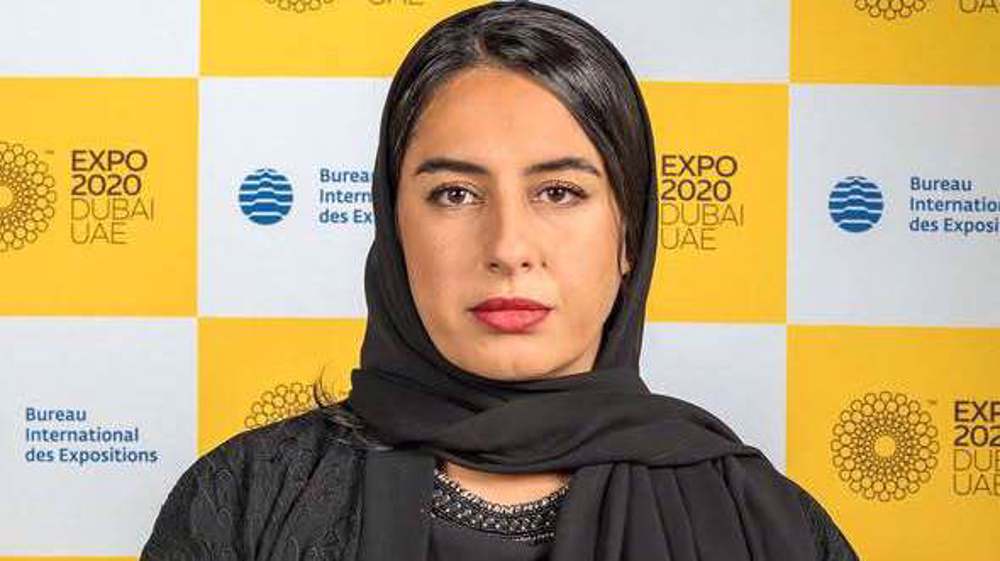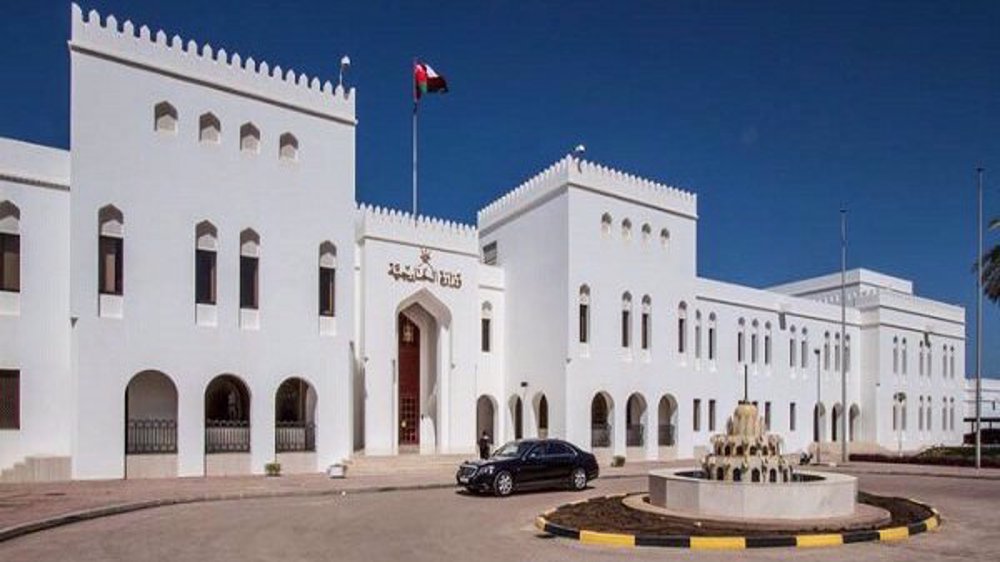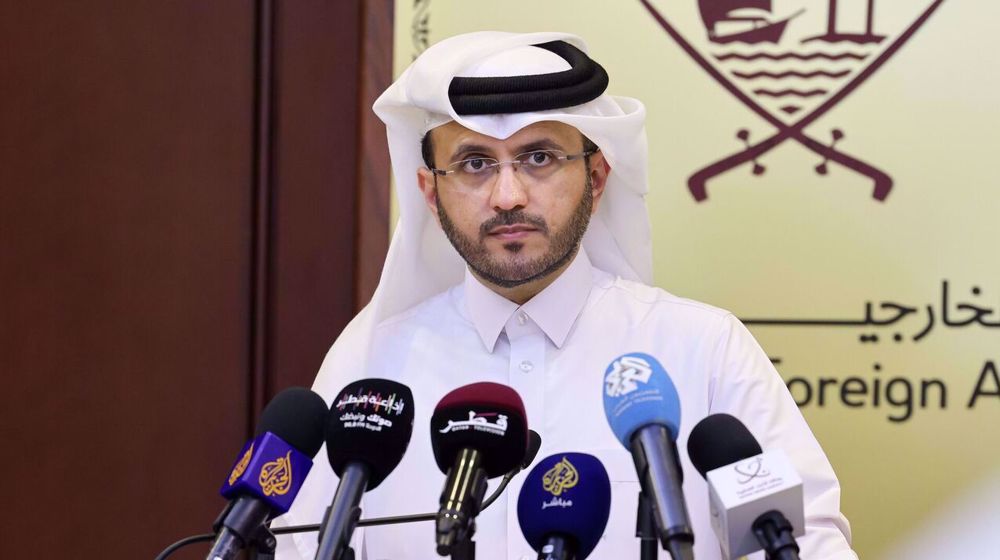Qatar, Saudi-led bloc heading toward long estrangement: UAE FM
The United Arab Emirates (UAE) says the unprecedented diplomatic rift between Qatar and a Saudi-led quartet of Arab nations, including the UAE, is “far from a political solution” as long as Qatar does not change its “course of action”, warning that the involved nations are heading toward a “long estrangement.”
UAE Minister of State for Foreign Affairs Anwar Gargash made the remarks in a series of posts in his official twitter account on Friday, adding that although in the next phase parting ways with peninsular Qatar would have its drawbacks, the trade-off would also be beneficial to the quartet states.
“Although we may lose the confusing and confused neighbor [Qatar] with its own social fabric, we will be gaining clarity and transparency. It is a wide world and we will be moving in it as a homogenous group,” he further said, changing his tone in referring to Qatar from a brother, in his earlier comments, to a confusing and confused neighbor.
The unprecedented crisis in the Persian Gulf region unfolded on June 5, when Saudi Arabia, Bahrain, the United Arab Emirates and Egypt severed ties with Qatar, officially accusing Doha of supporting "terrorism" and destabilizing the Middle East, allegations that Qatar says are unjustified and stem from false claims and assumptions.
To further pressure Qatar, Saudi Arabia has totally closed its land border with its tiny neighbor, through which much of Qatar's food supply crossed. Iran and Turkey are now providing Qatar's required food supplies.
On June 22, the four Arab nations urged Qatar to abide by a 13-point list of demands if it wanted the crippling blockade lifted, but the defiant Doha government has strongly refused to comply, calling the demands “unrealistic, unreasonable and unacceptable.” In return, the four countries vowed to impose further sanctions on Doha.
The demands included shutting down the Doha-based Al Jazeera broadcaster, scaling back cooperation with Iran, closing the Turkish military base in Qatar, and paying an unspecified sum in reparations.
“The four boycotting states have every right to protect themselves, shut their borders and protect their stability. They will keep up with their actions and strengthen their right to isolate conspiracies,” the UAE top diplomat further said, adding that the blocking bloc must seek a different format of relations with Doha as it does not feel the need to review its directions.

His comments, however, were not left unanswered by his Qatari counterpart Sheikh Mohammed bin Abdulrahman Al Thani, when he denied again allegations that his country supports terror groups, and accused the Saudi-led alliance of failing to provide "single evidence" to prove their claims.
Read more:
In a joint press conference with Turkish Foreign Minister Mevlut Cavusoglu in Ankara later on Friday, Sheikh Mohammed also predicted that the standoff between Qatar and the so-called siege states could be prolonged, speculating that the “tense crisis cannot be solved in a day.”
Earlier this week, US Secretary of State Rex Tillerson visited Qatar and Saudi Arabia, holding talks with Saudi Crown Prince Mohammad bin Salman Al Saud and Qatar's Emir Sheikh Tamim bin Hamad Al Thani to mend the widening rift, but all to no avail.
The coordinated move against Doha is spearheaded by Riyadh, which often manages to have its vassal states fall into line. Saudi Arabia itself is known as the main sponsor of the violent Wahhabi terrorists it has accused Qatar of supporting. Some analysts believe the Saudi anger is rather because Qatar acts more independently of Riyadh, including in its relations with Iran.
Trump plans to establish 'massive' military base in southern Gaza: Report
NYT questions Trump’s justification for threatening war on Iran
VIDEO | Press TV's news headlines
Araghchi stresses efforts to draft negotiating text between Iran and US
Over 150 ex-diplomats slam French FM's 'disinformation’ about UN’s Albanese
Alawite women abducted and raped, others sold by Jolani's men: Report
Iran, China, Russia hold trilateral talks on Geneva nuclear negotiations
VIDEO | Protests and skepticism greet Trump’s 'Board of Peace'













 This makes it easy to access the Press TV website
This makes it easy to access the Press TV website